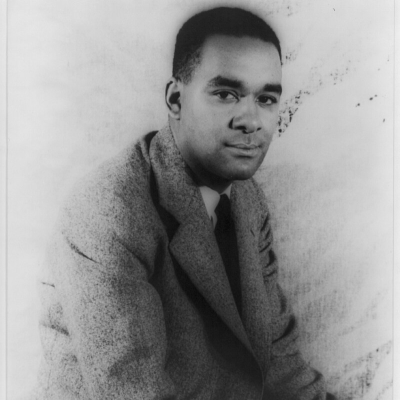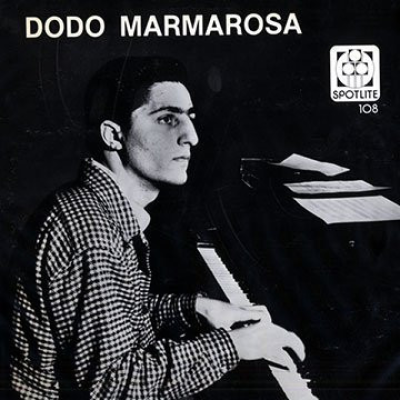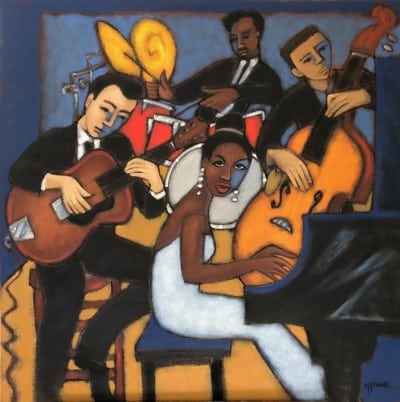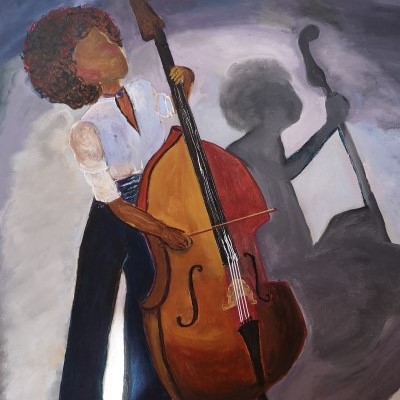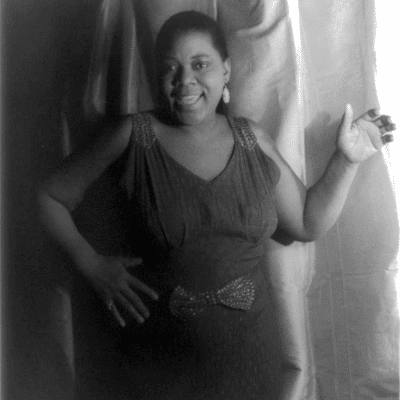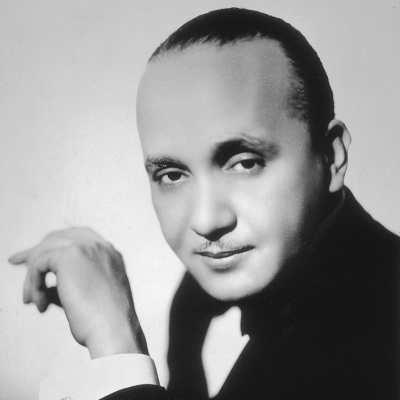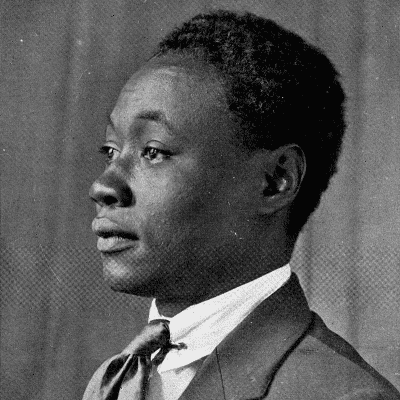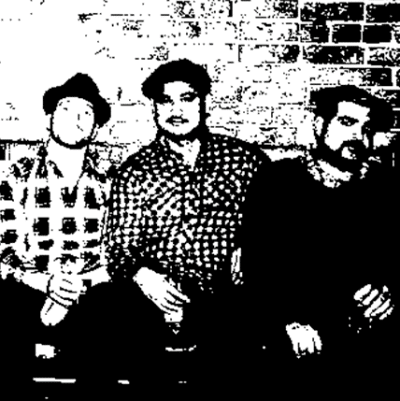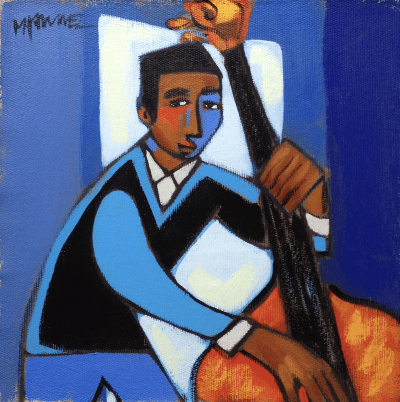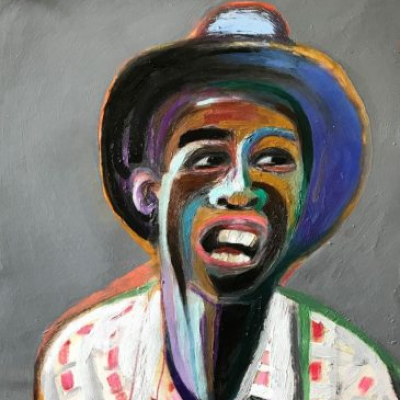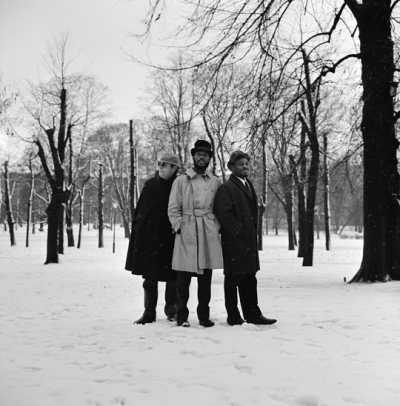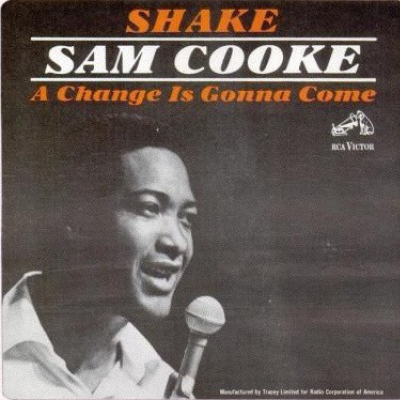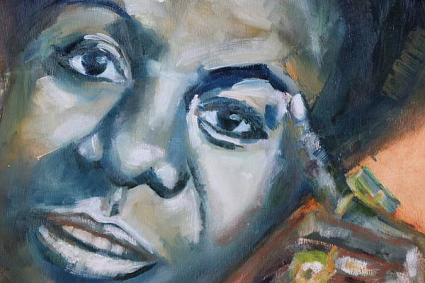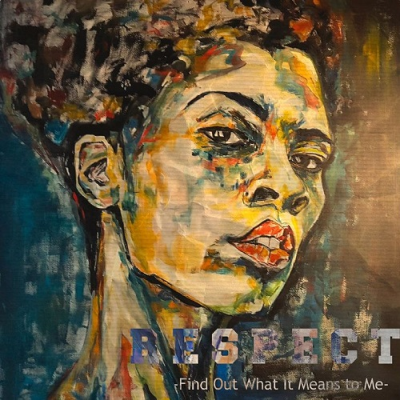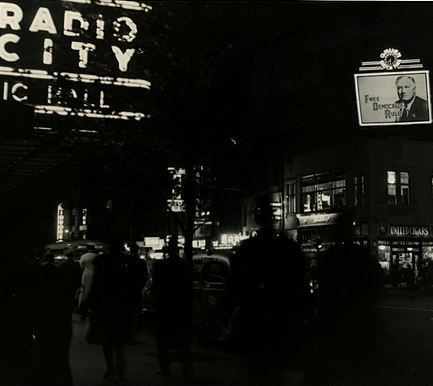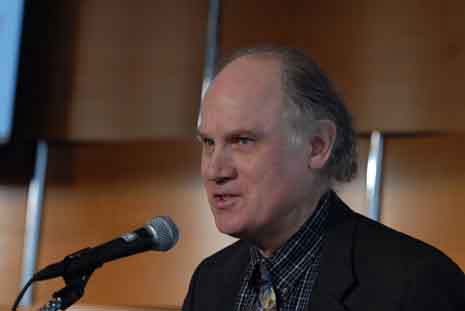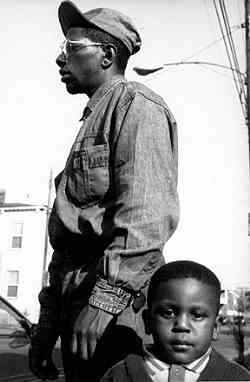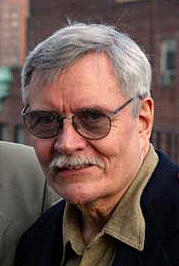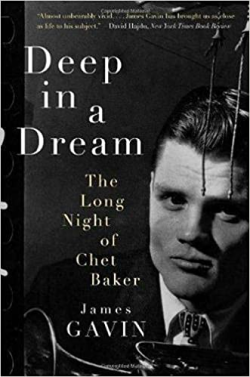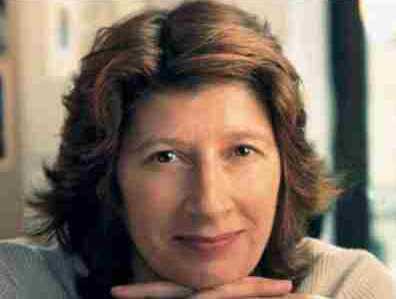Short Story Contest-winning story #10: “Uncle Evil Eye,” by Carole Bugge
My father died quickly and cleanly in the waning days of autumn, just two months before the arrival of the millennium. A massive neural hemorrhage took him — his brain, drowned in blood, was gone within hours. It was ironic that his own blood finally accomplished what years of alcoholism had not: heavy as his drinking was, he remained utterly lucid and sharp until the early morning hours of a late October Tuesday, when a tiny blood vessel in his head gave way, loosening the flood of fluid that killed him. Until then, his memory, both short and long-term, remained unimpaired. True, his body was falling apart; his liver and heart were bad, he suffered from diabetes, gout, macular degeneration — you name it, he had it — but his mind remained as sharp as the day he graduated with a PhD from Harvard.
...




